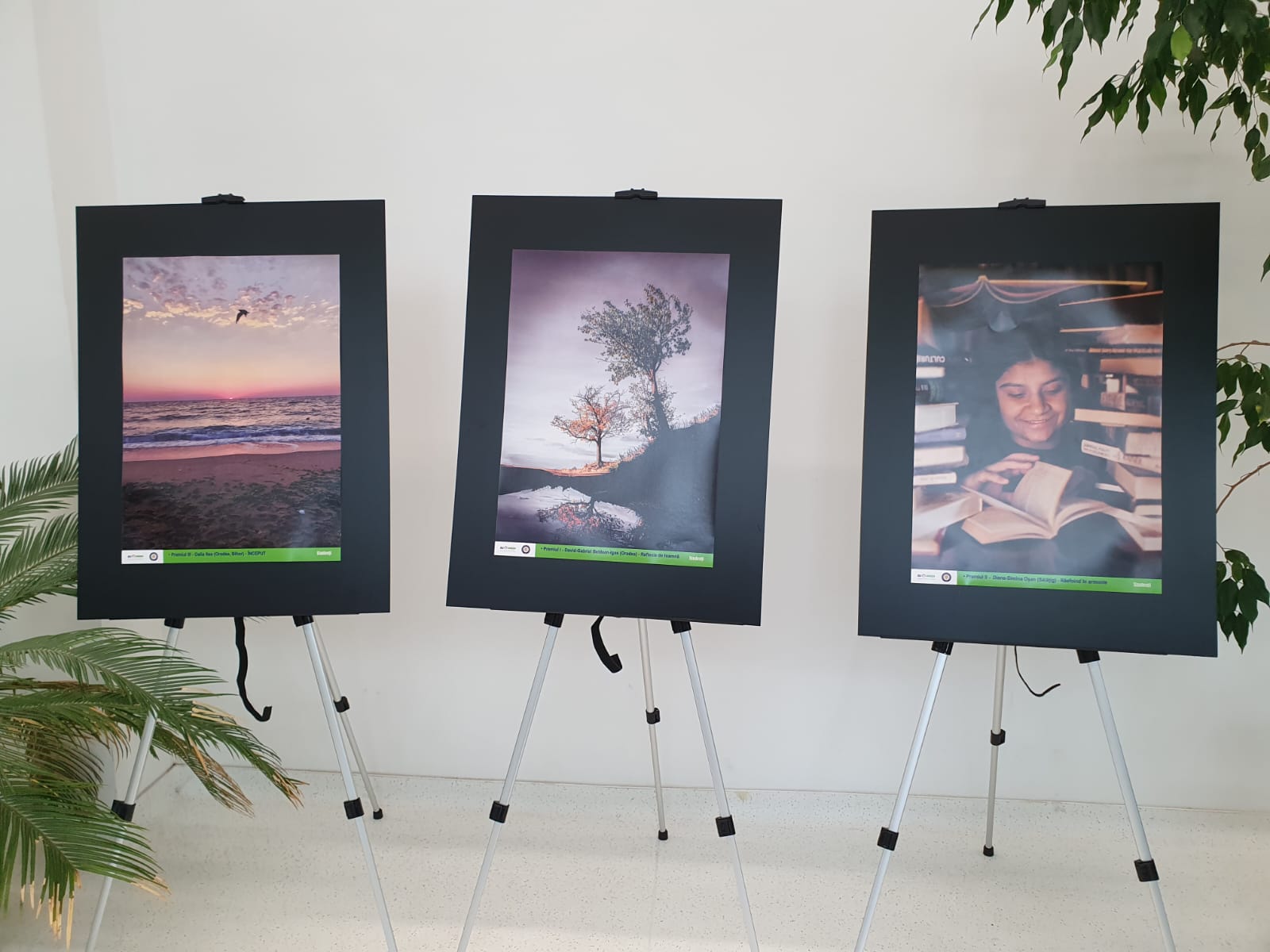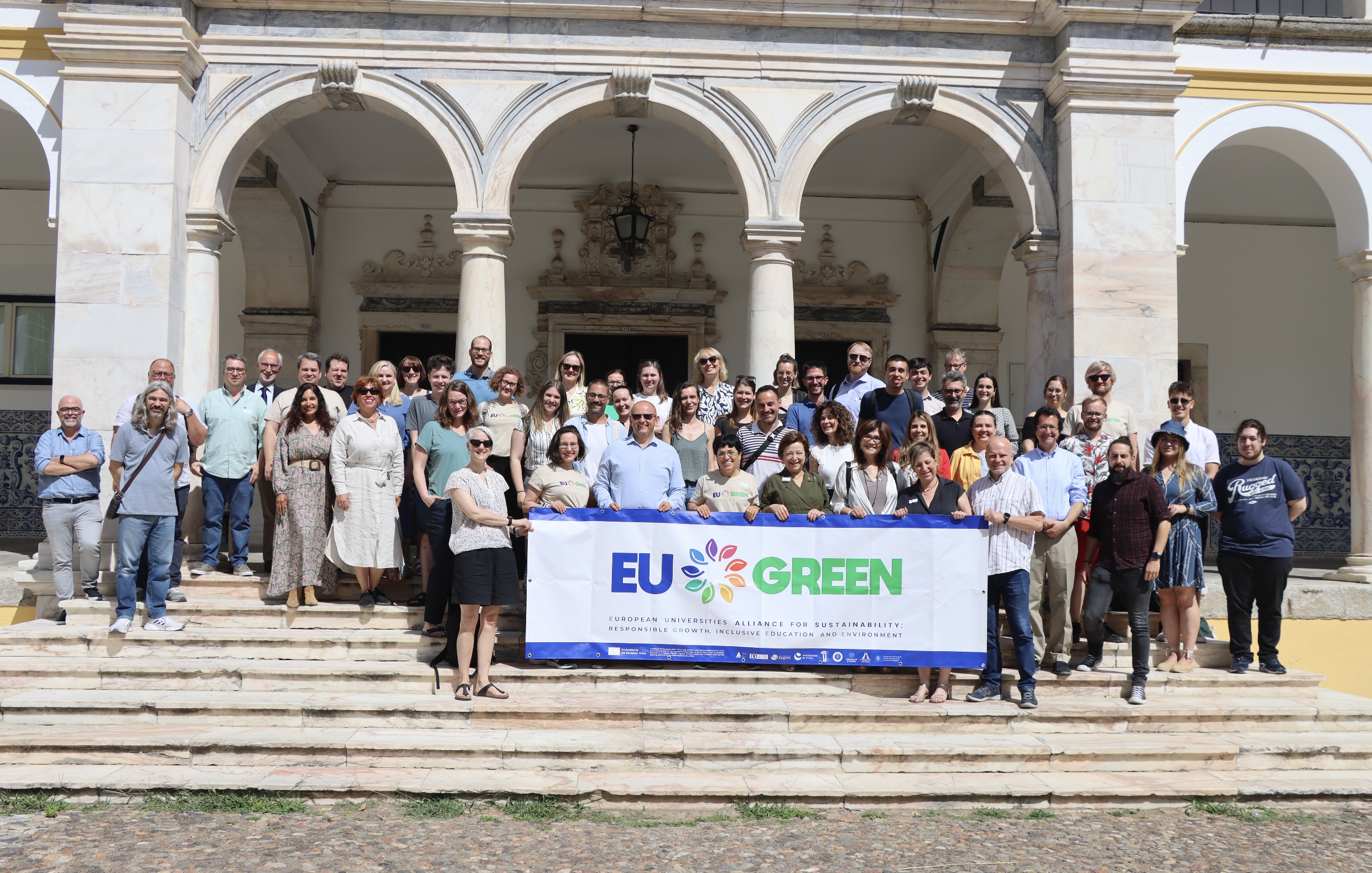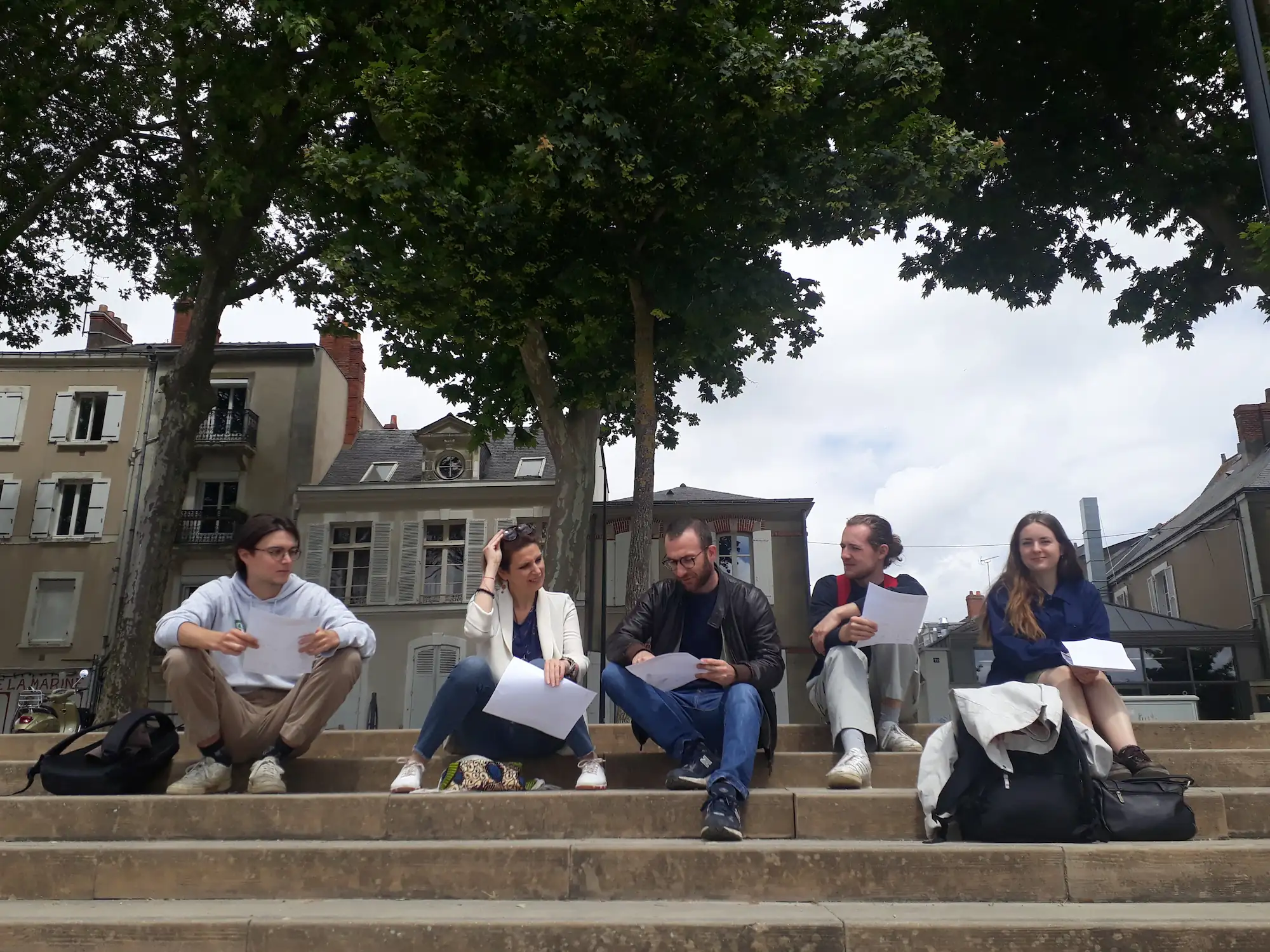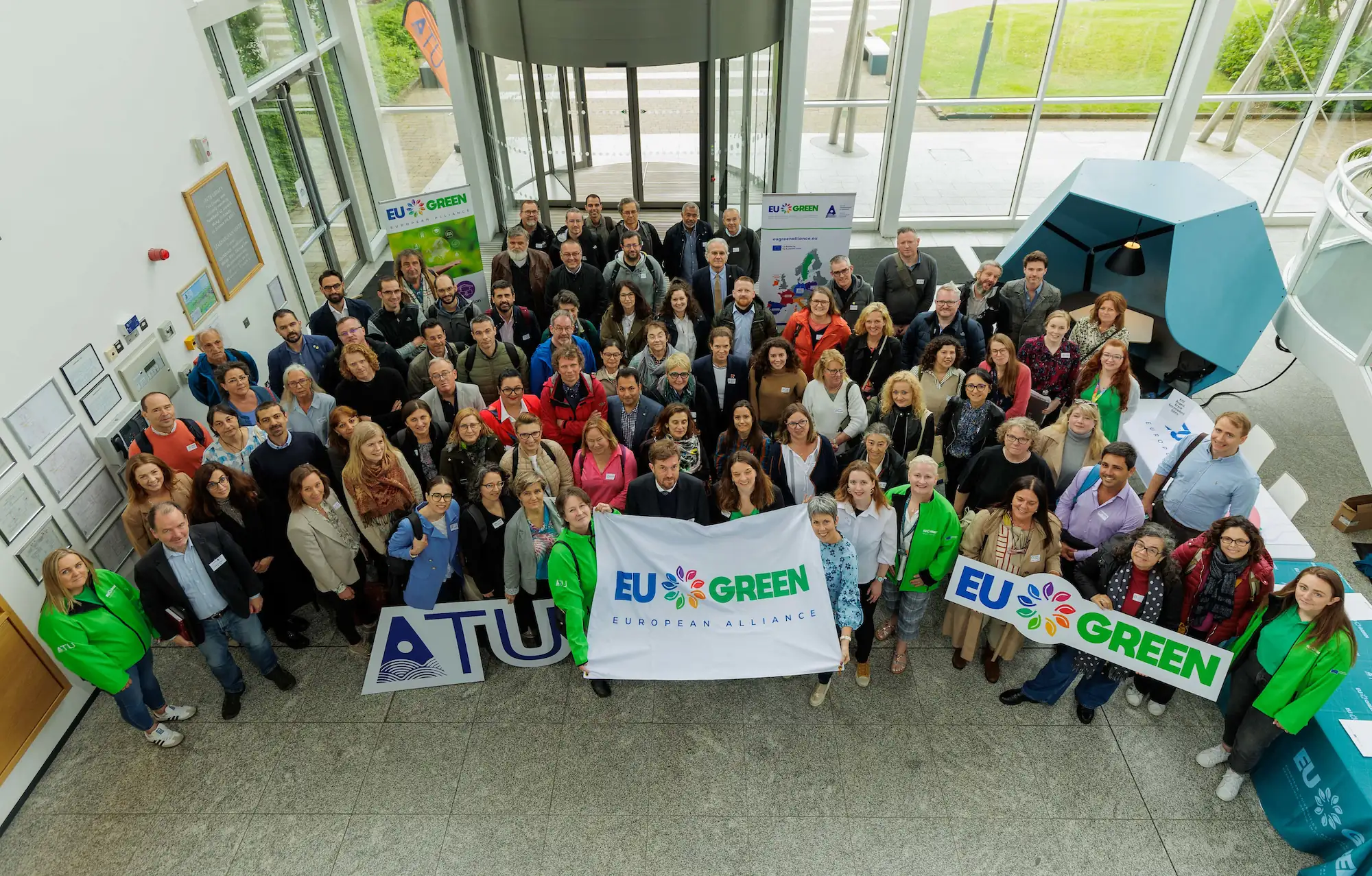Sustainable development is more and more often implemented in the operating strategies of countries, corporations and individuals. The THE Impact Rankings examines how universities deal with sustainable development, not only in terms of research and education, but also sustainable practices on campuses. This year, UPWr appeared in the ranking for the first time ever.
THE Impact Rankings is a list of the best universities in the world that conduct research, educate or otherwise work towards a broadly understood sustainable development, published since 2019. The categories in the ranking are based on the 17 Sustainable Development Goals announced by the United Nations in 2015. As part of the list, 17 separate classifications and one general with the overall result of the university are published. This is the fourth edition of THE Impact Rankings, and for the first time Wrocław University of Environmental and Life Sciences is included in it.

UPWr was submitted to four categories, including one obligatory for all ranking participants. In addition to the obligatory SDG 17. «Partnership for the goals», we also demonstrated actions for SDG 2. «Zero hunger», SDG 11. «Sustainable cities and regions» and SDG 15. «Living on land». Preparing to take part in the THE Impact Rankings was a joint effort of many individuals – authorities, administration, scientists and students. All this work has resulted in the UPWr’s high ratings in THE Impact Rankings 2022.
THE Impact Rankings 2022 – UPWr’s placement
We achieved the highest marks for SDG 2. «Zero hunger» and for SDG 15. «Life on land» – having placed around the 101-200 mark. In the case of SDG 2., we placed first in the country and we were one of only two universities from Poland that applied in this category (second place was landed by SGGW – between 201-300). Overall, 553 universities from all over the world were listed in this category.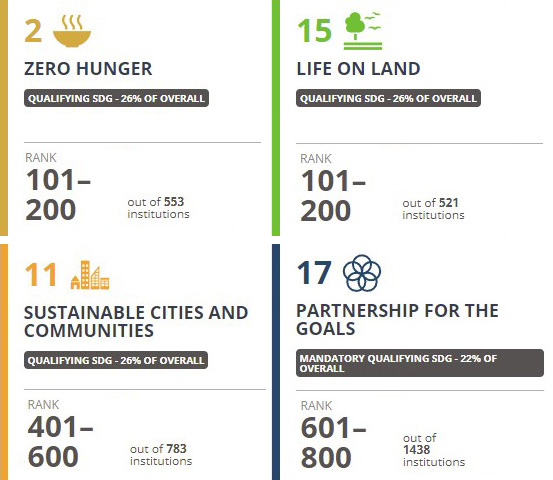
The scores in SDG 15. also gave us the leading positions in Poland – together with the University of Wrocław, we were the only universities in the 101-200 range. Further places were taken by the Warsaw University of Life Sciences (201-300), the University of Warmia and Mazury (301-400) and the Medical University of Gdańsk (401+). In this classification, a total of 521 universities were included.
We also got a good score for SDG 11. «Sustainable cities and regions», and placed between 401-600, which gave us the 4th place in Poland. The University of Gdańsk, Gdańsk University of Technology and Wrocław University of Technology took to the podium, ranking in the range of 301-400. The Medical University of Gdańsk took 5th place. There were 783 universities qualified in this category.
SDG17., obligatory for all participants of the THE Impact Rankings, turned out to be the most competitive. Almost 1,500 universities from all over the world took part in it. However, our university did quite well, ranking in the range of 601-800, placing first among agricultural universities in Poland. The University of Gdańsk and the Silesian University of Technology were also in this range, which gave us fifth to seventh place in the national classification. First place went to the Lodz University of Technology (201-300).
Each category in the ranking required scientific achievements (approx. 30% of the weight of the bibliometric indicators) and a showcase of activities for a given Sustainable Development Goal – beginning with research, through education, to working with local governments, non-governmental organizations and applying solutions on campus. Each of the goals concerns global problems for which UPWr is also looking for solutions to.
Solving the problem of world hunger
In terms of SDG 2. «Zero hunger», the jury took into account aspects such as efforts to eliminate hunger among employees and students, and to provide everyone on campus with a balanced nutritional food offer. The second important area included in the ranking was the university’s offer for local farmers and food producers.
Among the activities for which the UPWr was recognized are the annually organized Pawłowice Fair (as part of the Naturalist’s Day) and the Cheese and Wine Festival, during which local vendors from the region present their produce. It also serves as a knowledge transfer and networking platform. In addition to these events, the university offers specialized courses and postgraduate studies, some of which are related to sustainable agriculture and horticulture, as well as gives access to laboratories for testing food or fertilizer suitability in agriculture, and has offers directed at companies.

The best score was obtained in the SDG concerning the number of agricultural graduates at the university. As part of these faculties, subjects directly related to the sustainable development of agriculture and animal husbandry were rated well. International research projects were also taken into account, including FOODSHIFT 2030, which directly implements 11 out of the 17 Sustainable Development Goals, including Goal 2. «Zero hunger».
How to protect endangered species of animals and plants?
Species protection and biodiversity conservation are tasks under SDG 15. «Life on land». In this category, the ventures of the Wrocław University of Environmental and Life Sciences regarding research and initiatives in protecting endangered species carried out by scientists from the Faculty of Veterinary Medicine were appreciated.
The best example for this is the Wrocław Semen Bank for Accompanying and Wild Animals, created in 2019 as a result of merging three existing banks: the Canine Semen Bank, established in 1997, the Bank of Somatic Cells, Domestic Cat and Wild Felid Gamete Bank, and the Bison Sperm Bank.
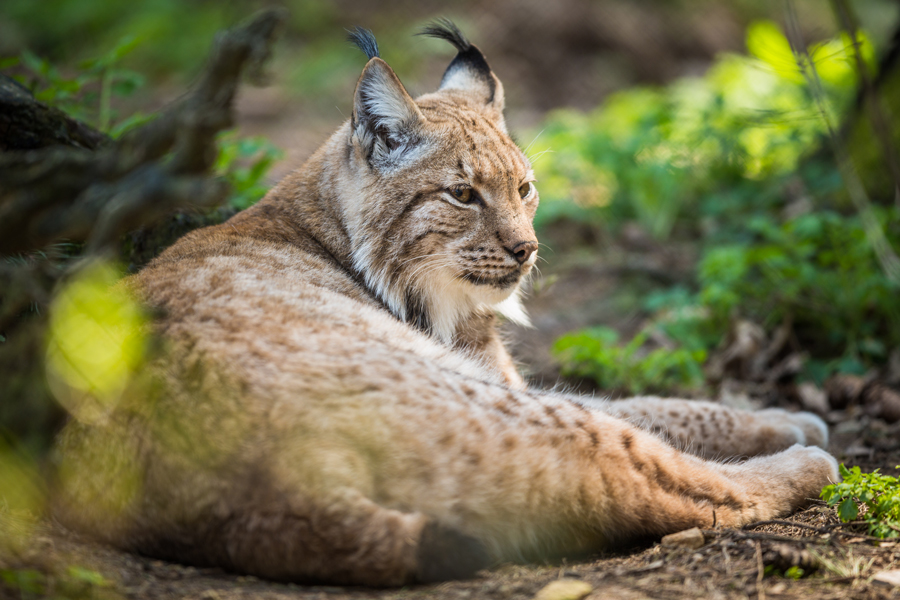
Scientists from our university also participate in the annual counting of bats, which helps to determine how climate change affects the number of these mammals.
The jury also positively assessed our activities in the GrowGreen project, the aim of which is to adapt cities to climate change, e.g. by creating a catalog of example solutions to provide shelter from heat, lower local temperatures, improve air quality and enable the use of rainwater. In this project, we’re working with local authorities and communities.
Sustainable campus and cultural heritage
Within the SDG 11. «Sustainable cities and regions» attention was paid primarily to the sustainable practices which universities apply on campuses, mainly related to waste segregation, disposal of hazardous waste, transport, and the construction of new buildings. Public and free access to green areas was also appreciated.

Photos: Tomasz Lewandowski
The contribution of the university to local culture was also of great importance to the ranking. Our student organisations scored high in this category: the Choir of the Wrocław University of Environmental and Life Sciences led by prof. Alan Urbanek and the Academic Song and Dance Team «Jedliniok» led by Henryk Brzezicki. Both groups regularly participate both in university and external events. For many years, the university has also been organizing Pawłowice Evenings, where local artists have the opportunity to present their repertoire.
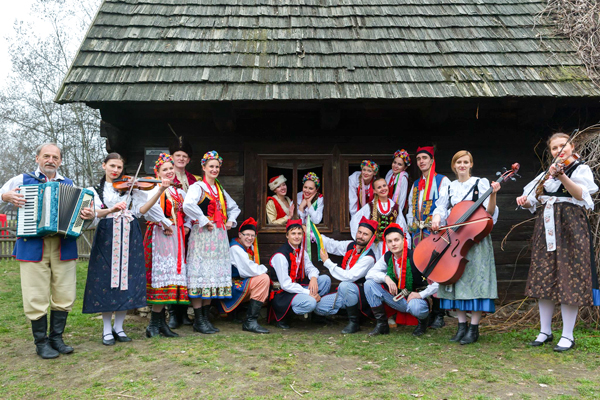
photo: private archive
The university was also appreciated for participating in protecting cultural heritage, including promoting regional products at university events. The focal point of this score turned out to be the Palace in Pawłowice itself, which was added to the register of monuments in 1996 and the university arboretum.
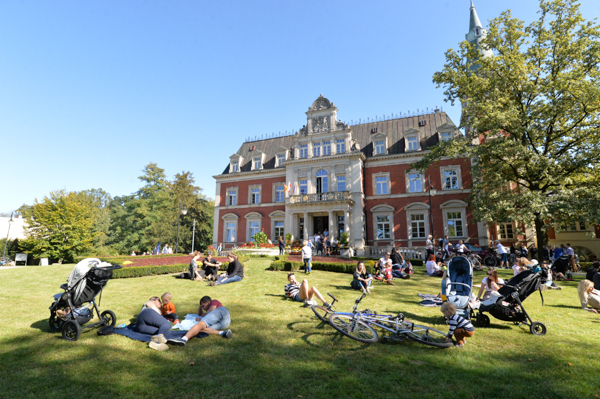
Photo: Tomasz Lewnadowski
“Partnership for the goals” – working together towards common goals
The category related to SDG 17. «Partnership for the goals» was obligatory for all participants of the THE Impact Rankings 2022. It included international research projects, networks bringing together universities, partnering with NGOs and local governments – all within the scope of sustainable development, of course.

Photo: Shutterstock
Including the goals of sustainable development is already a common practice in international research projects. UPWr has been recognized for participating in the largest initiatives of the Horizon 2020 and Horizon New Europe programmes – BeCoop, FoodSHIFT 2030 or SynBio4Flav. As part of these projects, scientists from around the world, including UPWr, jointly face the greatest challenges of civilization, included in the 2030 Agenda for Sustainable Development.
The THE Impact Ranking, pays attention to activities on a local level as well as international partnerships. It promotes partnering with local governments and local non-governmental organizations. Community gardens, created with the city of Wrocław and the Eco-development Foundation, as well as UPWr scientists partnering with communes and cities in the field of urban development were all positively rated. The university received scores, for example, for scientists from the Institute of Landscape Architecture developing green and blue street architecture plans for the Department of Sustainable Development in Wrocław.
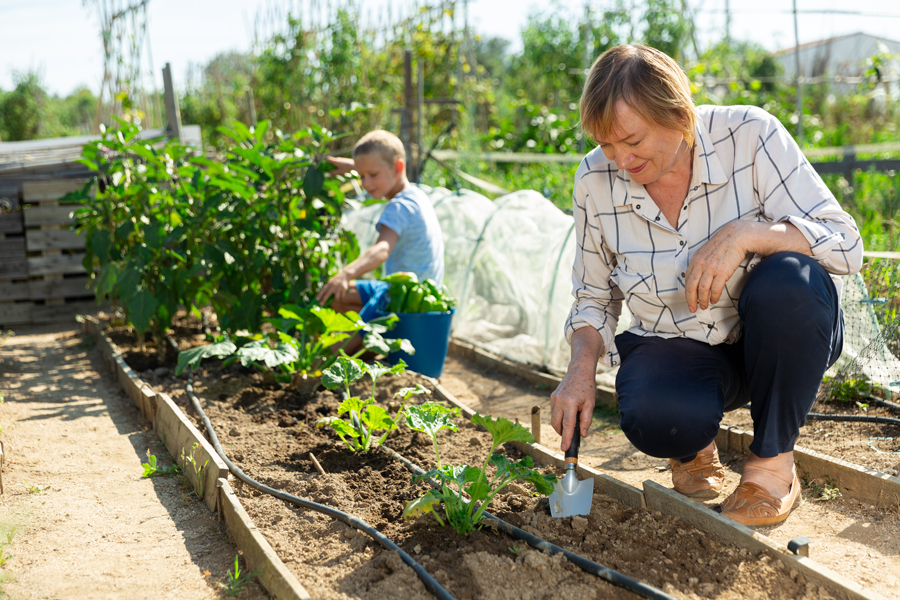
Our university has been making efforts to ensure that the Sustainable Development Goals are present in research, study programs, and campus politics for many years now. You can read more about the Sustainable Development Goals on our website.
Ranking results are available on the THE Impact Rankngs website.
CREDITS FROM: https://upwr.edu.pl/en/news/sustainable-development-at-upwr-high-ratings-in-the-the-impact-rankings-434.html
